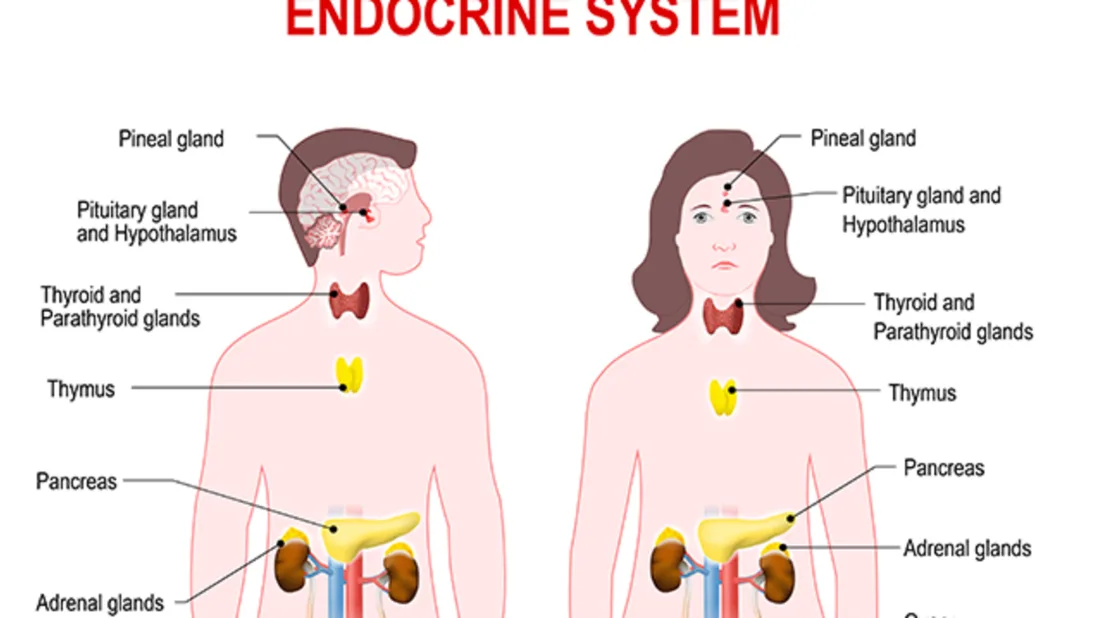Elementary Idea of Hormones
Hormones are also known as signaling molecules. In the multicellular organisms they are produced by the glands and they are transported to the targeted distant organs by the circulatory system for regulation of behavior and physiology in the living organisms. It is a chemical messenger and is directly secreted to the bloodstream. These hormones are carried by the blood to the various organs and the tissues and their function is exerted on them. Hormones affect the various aspects of the body functions such as growth and development of body, metabolism of food, reproductive growth, and sexual functions of an individual, alternating moods and cognitive functions, and maintenance of thirst and body temperature.
The endocrine system of the body controls the secretion of hormones. This system is ductless, so rather than the ducts, the hormones are directly secreted to the bloodstream. In the body, the major endocrine glands are pancreases, thymus, ovaries, testes, pineal gland, and the pituitary gland. A very small number of hormones is secreted by these organs but they bring a significant and visible change in the body. If there is an imbalance in the hormone production system, it causes diseases. These diseases can be diagnosed in the laboratory and by the clinical features, and appearance. The testing of body fluids, such as urine, saliva, and blood reveals the hormonal abnormalities. The synthetic hormone therapy can be used to restore the balance of hormones in the body if a person is suffering the deficiency of the hormones. Medication is prescribed for the excessive production of the hormones for curbing the effects and to sustain the normal production of the hormones.

The cells, on which hormones have to effect are known as the target cells and they are capable to respond to the hormones as circulating hormones can bind to their receptors. In this way, only a limited number of cells are affected by the hormones, even though they are transported to the whole body by the action of the bloodstream but they target only specific cells, and a majority of the cells remain unaffected by their action. The activation of the target cells of hormones is also dependent on the many factors, such as, the levels of secreted hormones in the blood, the relative number of the receptors on the target cells which have to respond to the hormones and the affinity between the receptor and the hormone. By modulating these factors, the response of the target cells can be controlled.